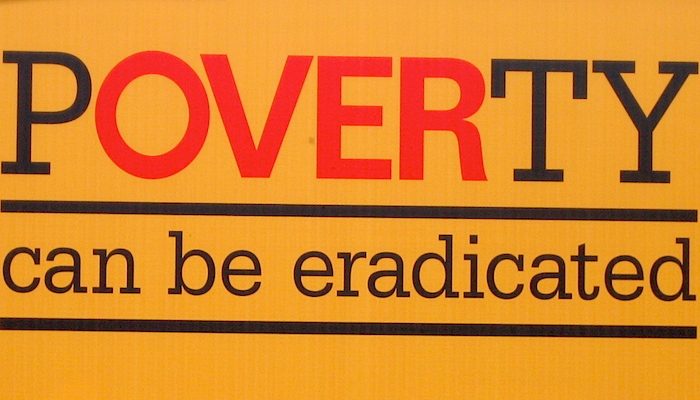
Non-Governmental Development Organizations and the Poverty Reduction Agenda: The Moral Crusaders
By: Jonathan J. Makuwira
London and New York: Routledge, 2014
This concise and finely-written book is the latest contribution to the extensive, but still somewhat patchy academic literature that exists on the wide ranging subject of NGOs and International Development. In the book’s six substantive chapters, the author considers: the background to development NGOs’ (or non-governmental development organizations, NGDOs as the author prefers) work in the context changing ‘aid modalities’, the growing centrality of the concept of ‘partnership’ within aid relationships, the case for the capacity development of NGOs, the problems NGOs face in relation to accountability, the challenges of leadership and management in the NGO sector and finally the importance of organizational learning in the work that development NGOs undertake.
The first question that many prospective readers might ask is: ‘Do we need another book about NGOs?’ This one makes several claims to distinguish itself. Firstly, the identity and prior experience of its author makes this one different from many books of this kind. Makuwira began his career in Malawi’s Ministry of Education as a trainer of teachers and has extensive experience working with that country’s NGO sector, lending his analysis a distinctively-informed perspective from the Global South. Secondly, this book eschews the more familiar ground of focusing only on the international NGO sector. Instead its focus is in favour of taking a grassroots NGO perspective and engaging with NGOs set up and run by ‘locals’, a perspective that has arguably been neglected in earlier literature. Thirdly, the book argues for a normative agenda: “by challenging the orthodoxy seemingly entrenched in the minds of many in the development field, academia and research institutions” (p.3).
NGOs can challenge the dominant discourse, the author suggests, by being more grounded in the interests and realities of local partners and communities, by resisting the pressures to simply become the agents of neoliberal agendas and by focusing their work towards national government poverty reduction priorities. Finally, the book is informed by a distinctively moral perspective in the way that it approaches its agendas. Makuwira uses phrases throughout such as ‘the moral case for partnerships’, ‘the moral dilemma of accountability’, and the ‘moral development crusade’ of NGOs. This approach is refreshing because of the strong emphasis it places on the importance of the values and beliefs that underpin NGO work. For example, use is made in the framing of these arguments in relation to the World Congress of NGOs’ 2007 Toronto Declaration of Core Values.
All of the above makes very good sense. NGOs have long been under pressure to professionalise and become more like public or private sector organizations, which risks eroding this value-based identity and a resulting loss of credibility. Furthermore, the lessons that are presented at the end of the book raise some important points for further exploration by other academics or policy makers. These points include: the need to seek alternative resource mobilization strategies, confronting the power dynamics to make partnerships more effective and experimenting with peer learning in ways that challenge the assumptions and relationships taken for granted between local and international staff.
As in many books on NGOs, the tension between the normative agendas being advanced and the evidence base that informs knowledge remains a difficult one to reconcile, often resulting in the provision of well-meaning but ultimately unrealistic and difficult to implement recommendations. This is largely avoided in this case through the author’s access to some original, Southern-focused insights, such as the use of Deborah Ajulu’s work on a holistic approach to power that highlights the powerlessness not just of people living in poverty but also of the developers themselves.
Criticisms of NGOs in relation to questions around their effectiveness, accountability and coordination are common these days. This book goes some way to reclaiming the moral high ground for NGOs. However, this reviewer would not have used the word ‘crusader’, with its connotations of religious conflict, in the title of a book about rebalancing global relationships and international solidarity in a post 9/11 world.
Overall, this book more than delivers on its promise to provide “a platform to rethink the future of NGDOs and their development endeavours,” (p.163), by presenting a stimulating argument, a thorough review of the literature, good use of visual materials and a wide ranging set of examples from the field. Jonathan J. Makuwira is to be congratulated on bringing some important new ideas to the discussion of NGOs and development, which allows a more critical discussion of the complex relationships between international and grassroots NGOs. This volume is highly recommended to researchers, students and development practitioners everywhere.